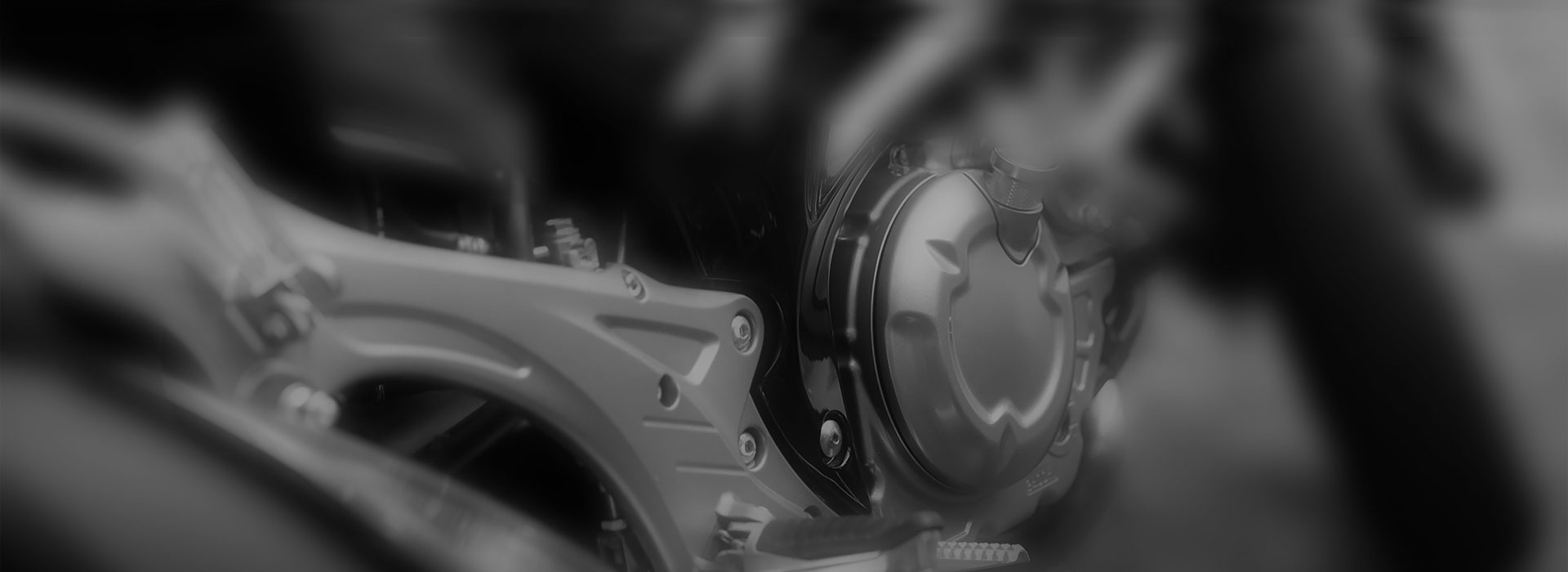FAQS
Q1: Are you a trading company or a manufacturer, and how many staff including engineers do you have in your factories?
A1: We are primarily a manufacturer, however, due to unique needs of our business, we also operate a trading division within our company. We have a total of between150 and 180 staff for both our die cast and machining divisions. In reference to our engineering divisions, we have six engineers for each die-casting and machining divisions, two for tooling design, one engineer for production, two quality control engineers and one project manager engineer. In total therefore, we have twelve engineers, although we are expanding on an annual basis and our staff complement is increasing annually.
Q2: How many years have you been operating and supplying these types of products, dies and parts?
A2: We have been operating in this industry for over fifteen years, to the point that we can now offer our products and bespoke services to any industry and for any project related to aluminium and zinc die casting and machining.
Q3: What is the size of your factory and your capacity for toolings and parts per month or per year?
A3: In terms of our production capacity and capabilities, we are setup and equipped to accommodate most orders in both size and complexity. We can increase our machining and production capacity should the need and demand arise.
Should a customer have urgent tooling and parts requirements, we also have the capability to use both in-house and outsourcing facilities which we can seamlessly project manage to satisfy your urgent requirements.
Q4: What are the minimum and maximums sizes of the parts that you can die cast, and what are the tolerances?
A4: We can manufacture all custom parts ranging from a few grams to several kilograms. For parts heavier than four kilograms, we would require outsourcing the die casting process.
In terms of tolerances, they will always be based on the exact requirements and individual part structures based on the technical product drawings and specifications. For example, for some parts with abnormally stepped bores, yet with different tolerance requirements, if the tolerance is +/-0.05mm we would use drilling methods, however, for parts with stricter tolerances, for instance +/-0.03mm or +/-0.02mm, we would use CNC machining.
Q5: What type of certificates do your factories issue, and how long is the usual delivery time for Molds, Samples and Parts?
A5: All our factories are certified by the internationally recognized Quality Management System (QMS) standard: ISO9001-2015.
For our Auto parts sector which operates in Dongguan, we are also certified by the globally recognized TS16949 standard for the automotive industry.
Below are our standard delivery times:
● Die Cast Molds(T1) - 30 days
● Sample making - seven days
● Inspection Reports Creation and Delivery - three days
In terms of other tooling and parts, for instance, gravity tooling or lost wax tooling, the delivery time is based on the unique requirements of that project or tool, however, under normal circumstances samples are usually completed within 25 to 30 days.
For parts, the lead and delivery time will be based on the real production according to each part’s structure as well as the quantities required. Typically, our customers will confirm the lead time first, and once the order is placed, they will provide us with a dispatch plan to which we will adhere.
Q6: What are your commonly used material types and surface finishes for most of your parts?
ADC12 and ZMARK3 are the most used material brands, while ADC6/ADC14 and ZMARK5 are also popular material brand choices. Nonetheless, we cover a vast range of material brands according to project specifications, so you can be assured that we will be able to accommodate your specific material needs.
The surface finishing processes we commonly provide are the following:
● Sand and shot blasting
● Painting
● Powder coating
● Electrophoresis
● Electroplating anodized oxidation
● Zinc metal coating and passivation
Q7: Do you have an assembly line, and how do you control your outsourcing procedures for your projects?
A7: Yes, we have existing assembly lines, one for our die cast sector, and another one for our machining sector. We also have the cashflow, resources, expertise, and manpower to rapidly and effortlessly set-up additional assembly lines should our capacity requirements increase.
For the outsourcing procedures control, please refer to the following chart:
Q8: In which cities and countries do we currently operate in?
A8: Countries of operation:
● From 2004 through to 2009 we mainly supplied parts in the Guangdong, Jiangsu, and Zhejiang regions, and cooperated with some special tooling international trading companies predominantly exporting to Europe.
● Between 2010 and 2017 we added the automobile industry die casting and machining sector to our business, catering to the Chinese, Mexican, Japanese, and European markets
● From 2018 until now, we have been catering primarily for the Chinese domestic markets of Guangdong, Jiangsu, and Zhejiang provinces while internationally we have been dealing with Clients in Asia, Europe, and Japan. Logistics are however not a problem; if you are from any part of the world and have die-casting or machining requirements, we will be able to assist you and service these new regions.
Q9: Are we, as potential or existing Clients, able to visit your management team, company, and factories?
A9: Yes, all our Clients, both potential and existing alike, are more than welcome to visit our offices, premises, and factories, however, we would suggest you arrange the visit in advance in order to allow us time to make the necessary arrangements.
Q10.Could you provide me with the names of some recognizable Clients, or references from Clients that you currently service?
A10: Yes, if it is necessary, we can facilitate this request on your behalf. Based on certain conditions, we are confident that we can provide you with references and proof of projects and products which will give you the reassurance that we could become long-term, and mutually beneficial partners.
Q11: Could you provide me with more details regarding your standard payment term offerings?
A11: Regarding payments, the following can be considered as our in-house standard payment terms:
● Tooling – Deposit payment.
A Telegraphic Transfer (TT) of 50% after the Design For Manufacturability (DFM) Report and tooling 3D drawings have been agreed upon and signed off by both parties.
● Tooling - Balance of payment.
The remaining balance of 50% to be deposited via T/T after the sample approval stage, as well as the final sign off of the Production Part Approval Process (PPAP).
Payment terms for parts:
● Ex Works (EXW) shipping
If the trading terms have been requested and negotiated as Ex Works (EXW), then a Telegraphic Transfer (TT) of 100% is typically required before shipment
● Free On Board (FOB), Cost, Insurance and Freight (CIF) and Cost and Freight (CFR) shipping.
If the trading terms have been requested and negotiated as FOB, CIF, or CFR, then a Telegraphic Transfer (TT) of 100% is usually required once the Bill of Lading (BOL) document has been released.
Under normal circumstances, for existing and established Clients, our normal business protocol is to provide a consolidated monthly invoice for all the goods. On occasion though, Clients may need specific air freighting, or some small batches of parts to be sent more urgently, in which case the payment terms for these special circumstances are dealt with on a case-by-case basis
Q12: How do you implement Quality Assurance and Control throughout your production stages?
A12: These are the steps we take to manage Quality Assurance and Control throughout our production stages:
1) Molds and Toolings Lead Time for first mold trial (T1+Sample Making).
After the Client approves the DFM report and tooling drawings, we will provide weekly Project Status Reports (PSR) and charts to ensure that all T1’s and molds are completed within the agreed upon lead-time.
2) Die Cast Parts
● During the sample stage we will provide an ISIR (Initial Samples Inspection Report) including the material certificate.
● Once the Sample stage is complete and has been approved and signed-off by both parties, a detailed Production Part Approval Process (PPAP) report is issued.
● Once the production stage begins, a full ongoing inspection is conducted which strictly follows the following quality control processes:
- Incoming Quality Control (IQC)
- In Process Quality Control (IPQC)
- Final Quality Control (FQC)
- More detailed Initial Part Inspections, Final Part Inspections, Randomly Selected Inspections and Full Final Inspections
- Outgoing Quality Control (OQC)
3) Machined Parts
During the sample making process, we will produce the full set of jigs and fixtures for the anticipated bulk production
Once the sample stage is complete and finalized, we will provide an Initial Samples Inspection Report (ISIR) as well as the material certificate to the Client.
After the sample approval phase, from the onset of the production stage, we will strictly and precisely manufacture, as well as control the quality of the parts based on the exact specification of the signed-off drawings and approved samples.
4) Defective or Rejected Parts
● Defective Parts
For defective parts, the initial priority is to complete a detailed investigation as to what the exact defect and causes are. The investigation is typically completed with a conclusion report within two days.
An 8-Discipline (8D) quality report is then produced.
Finally, updated samples are made for Client’s approval in anticipation of the bulk production.
● Rejected Parts
For certain rejected parts where there is no clear responsible party for the rejection, we will always endeavor to do our best to provide free replacements. If the cost of the replacement parts is however excessively high, we will discuss this with the Client on a case-by-case basis and negotiate an equitable solution for both parties.





